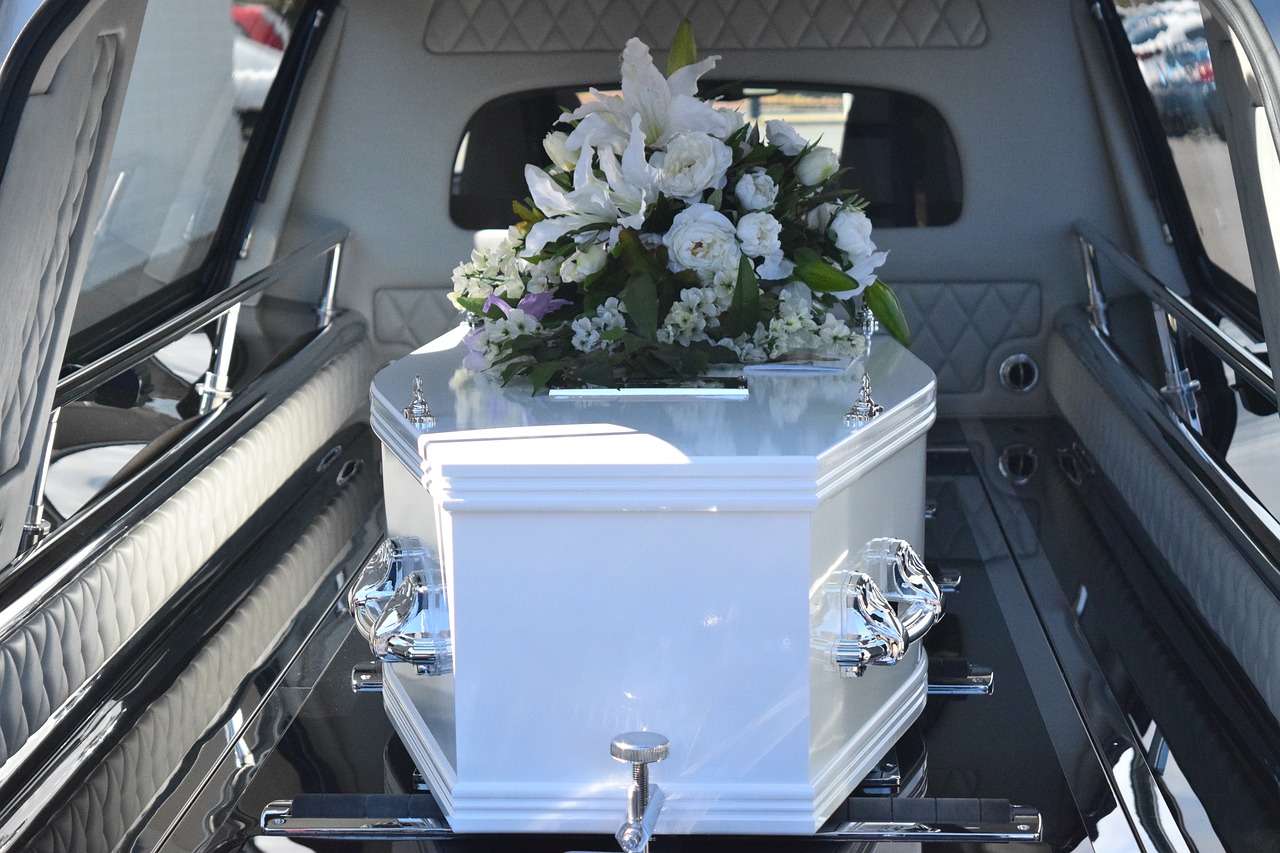Losing a loved one is never easy, and it’s even tougher when the loss is an unexpected one. Here are some things you should consider doing today in order to help you be better prepared to handle an unexpected death in the family.
Understand The Stages Of Grief
There are, in general, five different stages that we go through when we are experiencing grief. They are denial, anger, bargaining, depression, and acceptance. Understanding these stages can help you better identify and cope with the feelings that you are having.
A complete discussion of these stages is beyond the scope of this post. However, there are a few things worth mentioning here. The first is that not everyone will experience these stages at the same level of intensity or for the same amount of time. You should not look at the way someone you know handled a traumatic situation and expect that you will mirror them in your own journey through grief. This means you cannot and should not condemn yourself or feel bad if you grieve differently from someone else.
IMAGE: PIXABAY
Another thing to keep in mind is that the stages are not necessarily linear in your experience. This means that you won’t necessarily experience them in the order in which they are listed. And, in some cases, you may find yourself skipping one or more of the steps altogether. Again, you should not take this as a reason to condemn yourself or let yourself believe that something is wrong with you. Everyone grieves differently, and that’s perfectly fine.
Understand That It Does Not Make You Weak To Cry
Our society, unfortunately, tends to look down on people who cry. Especially if you are a man. We are taught that we should suppress and control these emotions, and it is somehow shameful to break down and cry.
However, crying is a very important part of grieving, and can help you in moving through your grief. Sometimes the catharsis of crying is exactly what you need in order to be able to move on with your life. So, don’t be ashamed to have feelings, and don’t be ashamed to do what comes naturally.
Make Sure Your Loved One Has Life Insurance
If your loved one dies unexpectedly, the last thing that you want is to have to face steep funeral expenses and other final costs. In such a situation, you are already dealing with grief and shock. Adding financial uncertainty into the mix can be overwhelming.
A good life insurance policy can help remove the financial implications of an unexpected loss. There are many quote websites that will help you find an insurance plan online. While money will never replace the companionship of your loved one, it can help ease the process by removing any stressors related to medical bills, funeral costs, and so on.
Talk To Someone
Everyone grieves differently, but very few people would not benefit from a sympathetic ear. Don’t be afraid to reach out and talk with someone. Whether it’s a family member, a friend, or even a trained counselor, talking with someone can be just what you need.
Sometimes the mere act of talking with someone is enough to help you get closure. It may not even matter all that much what they say to you: you just need to be able to express your feelings.
Some experts advocate writing a letter to your deceased loved one as a form of closure and coping. This is especially helpful if you feel like there were things that you didn’t get to say to them. The very act of writing out your feelings can end up being the final stage in the grieving process for you.
Losing someone is never easy. But by taking the above steps, you can help make the process a bit more manageable.
If you are interested in even more lifestyle-related articles and information from us here at Bit Rebels then we have a lot to choose from.


COMMENTS